
- Article
- Article
Intelligence testing, race and eugenics
Specious ideas and assumptions about intelligence that were born during the great flourishing of eugenics well over 100 years ago still inform the British education system today, as Nazlin Bhimani reveals.

- Article
- Article
Electrical epilepsy and the EEG Test
The EEG (electroencephalograph) literally electrified the diagnosis and treatment of epilepsy. But for Aparna Nair the dreaded EEG tests of her adolescence were a painful ordeal.
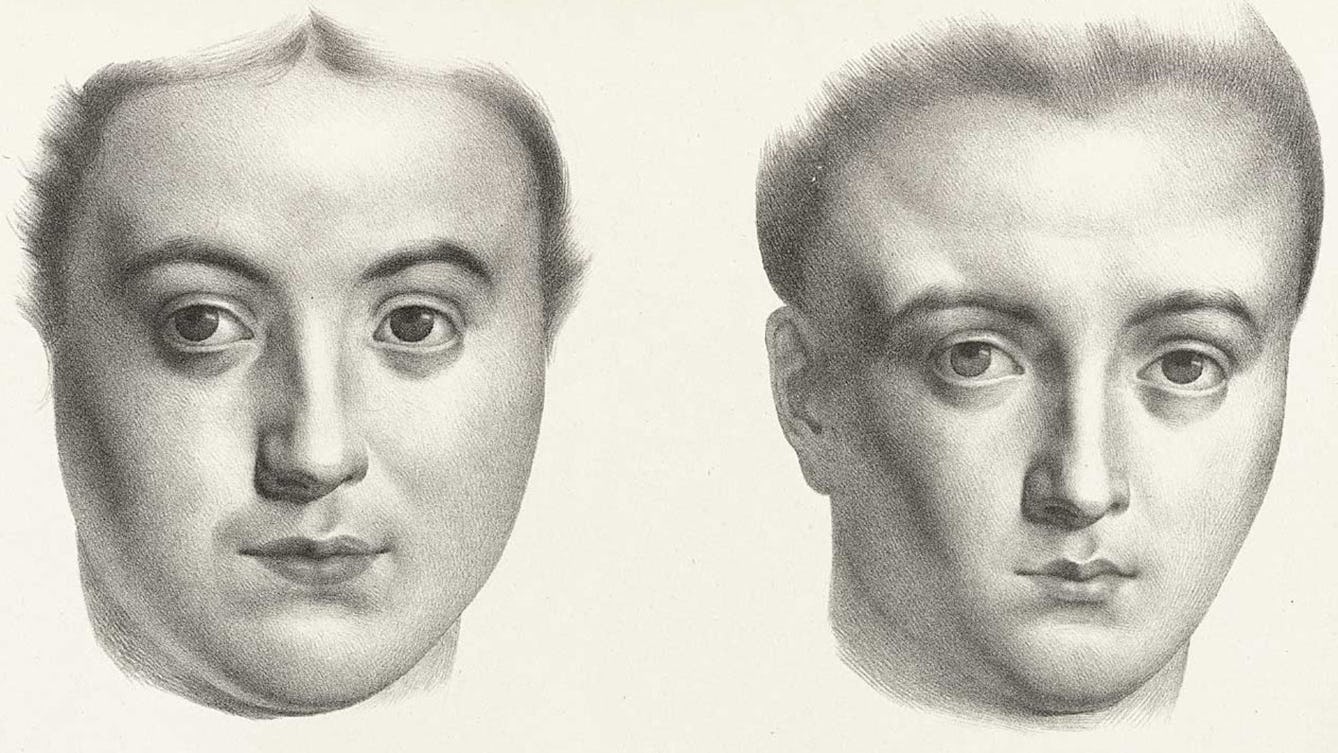
- Article
- Article
Exceptional talent and the trouble with IQ tests
Is a high IQ really a mark of genius, or does something else explain the exceptional?

- Article
- Article
How tuberculosis became a test case for eugenic theory
A 19th-century collaboration that failed to prove how facial features could indicate the diseases people were most likely to suffer from became a significant stepping stone in the new ‘science’ of eugenics.

- Article
- Article
Aphasia and drawing elephants
When Thomas Parkinson investigated the history of “speech science”, he discovered an unexpected link between empire, elephants and aphasia.

- Article
- Article
Chillies and the trouble with Scoville
Measuring the heat of these peppers can leave you a little lukewarm.

- Long read
- Long read
Primodos, paternalism and the fight to be heard
Journalist Florence Wildblood examines the case of Primodos – a conveniently quick but risky hormone pregnancy test that was prescribed in the 1960s and ’70s – and profiles two women at the story’s shocking heart.

- Article
- Article
Dyslexia and its misconceptions
Overcoming common myths about dyslexia only adds to the challenges of growing up with the condition. Madeleine Morley, who was diagnosed with dyslexia aged eight, goes into myth-busting mode and shares her personal experiences.

- Photo story
- Photo story
Obesity and Britain’s boys
Six young men and six experiences of being overweight. Find out how these boys and their loved ones feel about this stigmatising issue.

- Article
- Article
Eugenics and the welfare state
Indy Bhullar explores the ideas of William Beveridge and Richard Titmuss, who were strongly influenced by eugenic thinking, and yet championed the idea of the welfare state.

- Article
- Article
Tripping for spiritualism and science
Getting high in the name of religion or creativity has been practised for centuries. Now it seems hallucinogenics could help treat mental illnesses too.

- Article
- Article
Sun salutations and yoga synthesis in India
Surya namaskars, or sun salutations, have a long history in South Asia, but their place at the heart of modern yoga is more recent.

- Book extract
- Book extract
Winter blues and the story of SAD
In ‘Chasing the Sun‘ Linda Geddes reveals why for some people, winter is literally depressing, showing how we first came to recognise seasonal affective disorder (SAD).
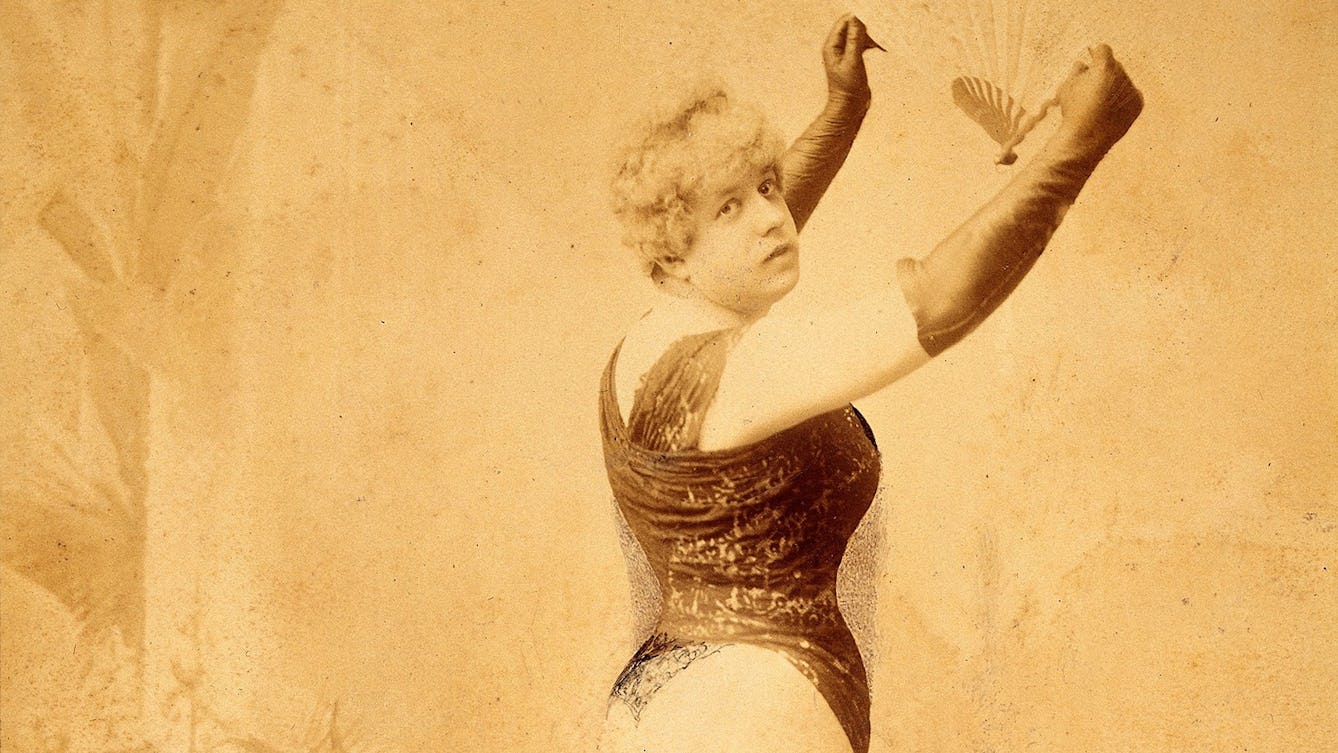
- Article
- Article
Photographs as evidence of gender identity and sexuality
Intriguing photographs from sexologists’ archives suggest they could have helped people explore their gender identity and sexuality.
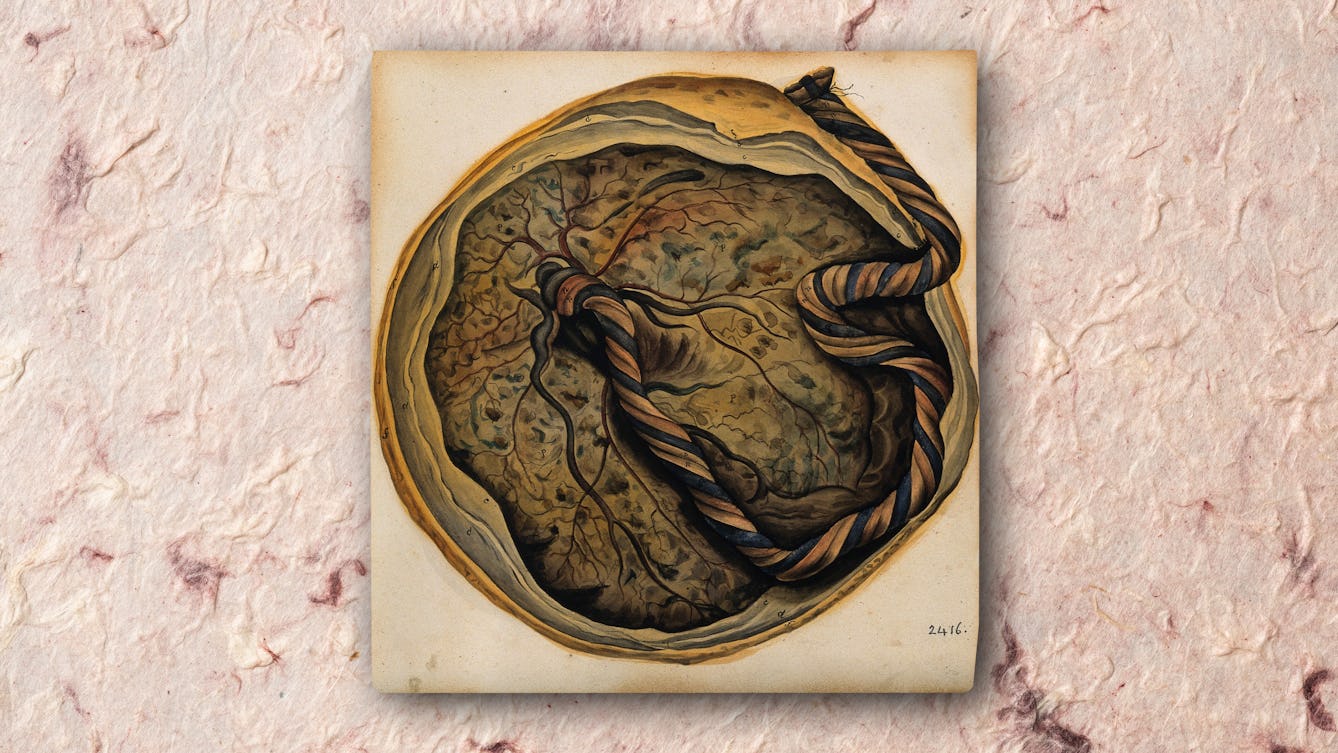
- Article
- Article
Womb milk and the puzzle of the placenta
A human baby needs milk to survive – and this holds true even before it’s born. Joanna Wolfarth explores “womb milk”, as well as ancient and modern ideas about the placenta.

- Book extract
- Book extract
Tracing the roots of our fears and fixations
Kate Summerscale explores the history of our anxieties and compulsions, and the new phobias and manias that are always emerging.

- Article
- Article
Thomas Sankara and the stomachs that made themselves heard
Thomas Sankara’s vision to transform farming and health in Burkina Faso turned to dust with his assassination. Perry Blankson highlights the considerable achievements of Sankara’s brief span in power.
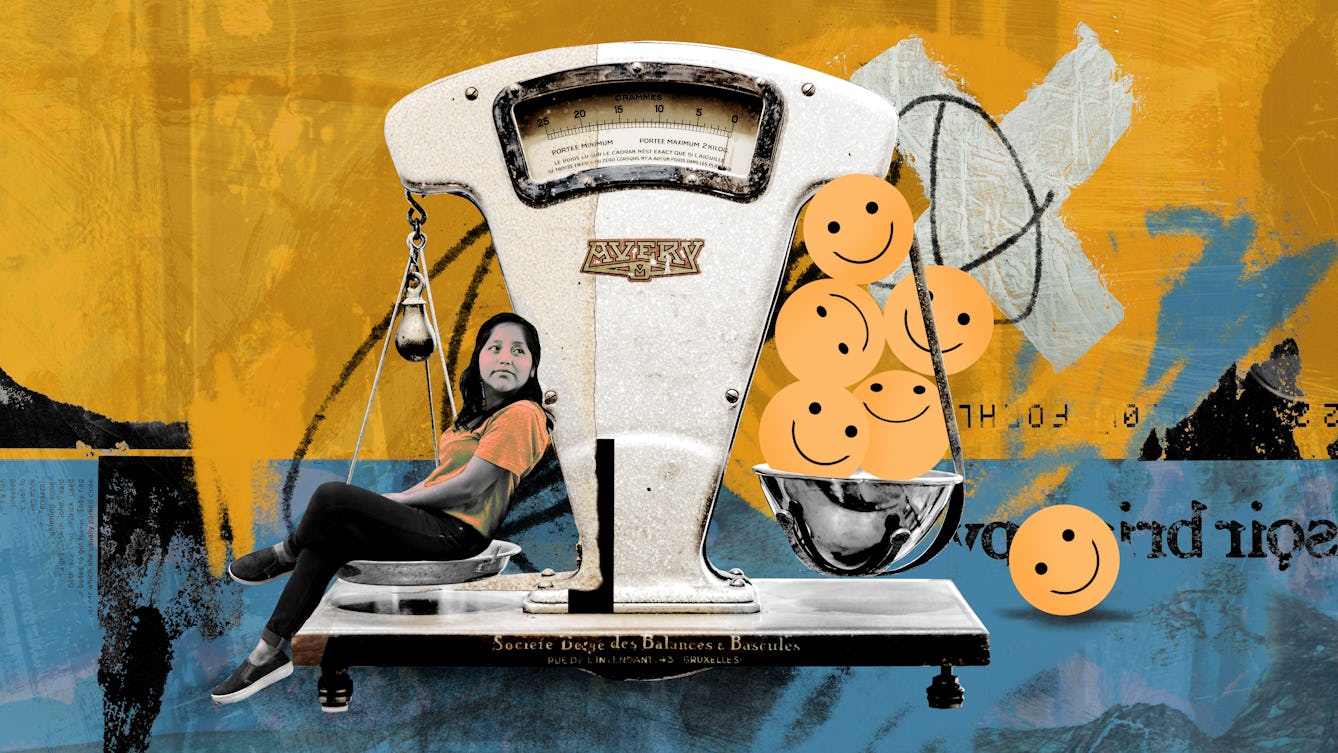
- Book extract
- Book extract
The meaning of happiness
What is happiness? Tiffany Watt Smith charts how its definition has changed over time, from chance emotion to something that can be measured and controlled.

- Article
- Article
Defying deafness through music
Did you know that Beethoven’s profession meant he was ashamed to admit to being deaf? Find out how similar prejudices persist today and how our writer is helping to break them down.

- Article
- Article
Why gene editing can never eliminate disability
In a world where DNA testing and gene editing offer ways to eliminate certain disabilities, Jaipreet Virdi explores a more accepting and inclusive approach.

- Article
- Article
How your hairdresser could save your life
Barbers and hairdressers have a unique view of us – one that means they can spot potentially dangerous health problems. Find out how buzzcuts can lead to blood-pressure checks, and dip-dyes show the way to the dermatologist.

- Book extract
- Book extract
The 200-year search for normal people
Sarah Chaney poses the question we’ve likely all asked at some point in our lives: 'Am I normal?’, and explores whether normality even exists.

- Article
- Article
A history of twins in science
For thousands of years, twins have been a source of fascination in mythology, religion and the arts. Since the 19th century, they have also been the subject of scientific study and experimentation.

- Article
- Article
How do advertisers get inside our heads?
Vance Packard exposed techniques of mass manipulation developed by 1950s advertisers that are still at work today in the age of big data.
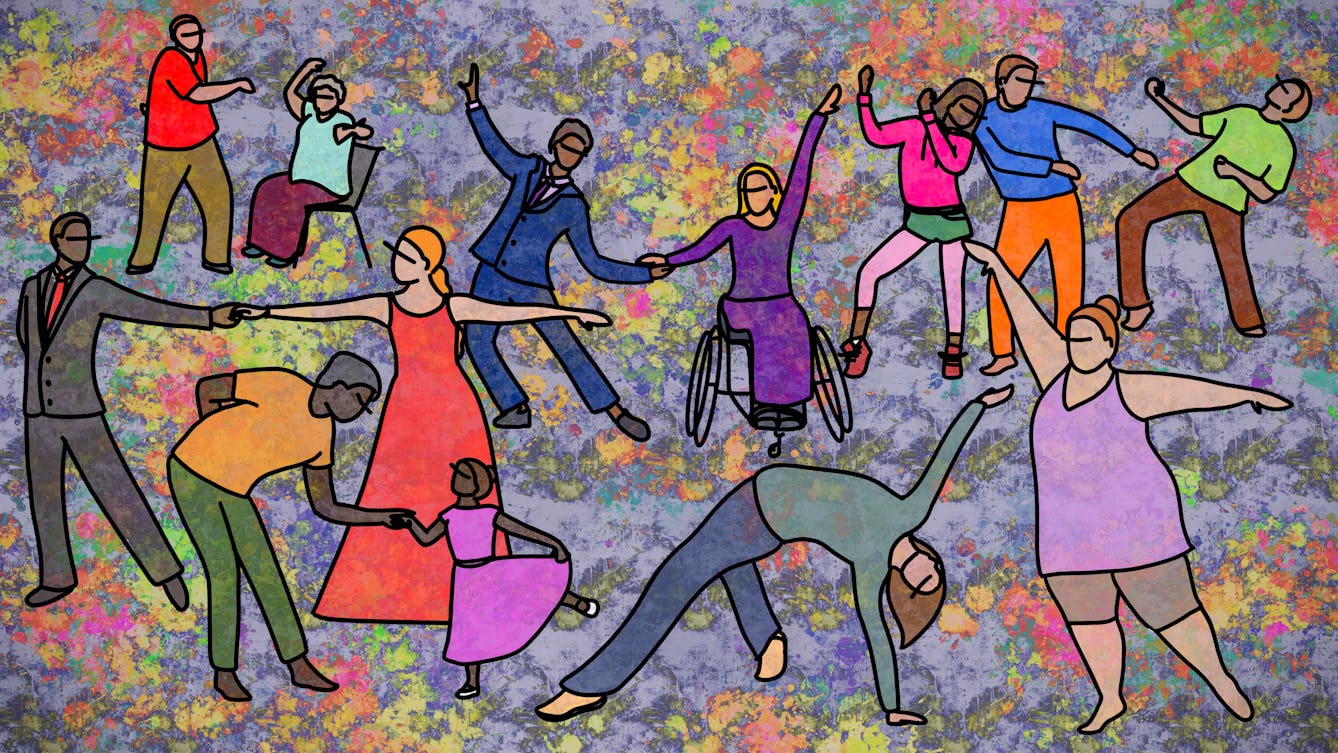
- Article
- Article
Dancing for joy
Dancing is a mood enhancer, it increases social bonding and it improves creativity. Maybe you really can dance all your troubles away.